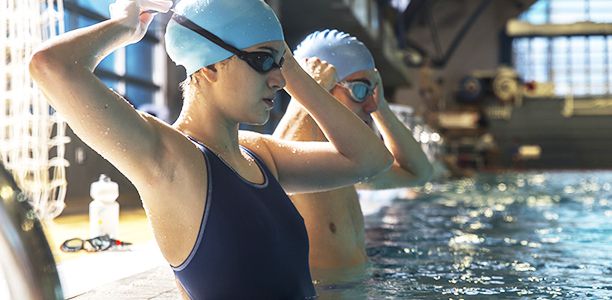The use of performance enhancing drugs is prevalent and unmonitored in junior elite athletes as young as 12, according to research.
The three-year study, in which more than 900 athletes aged from 12-17 were interviewed, shows that about 4% of elite junior athletes are using performance or image enhancing drugs.
University of Canberra associate professor in psychology Dr Stephen Moston – who co-authored the report with Griffith University’s Dr Terry Engelberg – thinks the practice might be going unchecked due to a lack of testing.
“There is evidence suggesting that athletes as young as 12 years of age use performance enhancing drugs, and that such use has increased in the past decade. This study indicates that performance enhancing drugs and supplement use (a potential precursor of doping) are now relatively prevalent amongst young elite athletes,” Dr Moston said.
“Given that young athletes are rarely subject to anti-doping testing, the potential increase of drug use is largely going unchecked. Both anti-doping education and detection efforts must be expanded to incorporate such populations.”
Key findings of the report Tracking the Development of Attitudes to Doping: A Longitudinal Study of Young Elite Athletes:
- Young athletes think that about a third of elite athletes use performance enhancing drugs
- Almost 5% of junior athletes have been offered performance enhancing drugs and over 10% believed that they were competing against athletes who used such drugs
- About a third of young athletes use nutritional supplements. Nearly all users (90%) of performance enhancing drugs also use nutritional supplements
A similar research study on adult elite athletes found that 8% of athletes have been offered performance enhancing drugs, while the adult sports community think 20% of athletes are using them.
(Source: University of Canberra)










